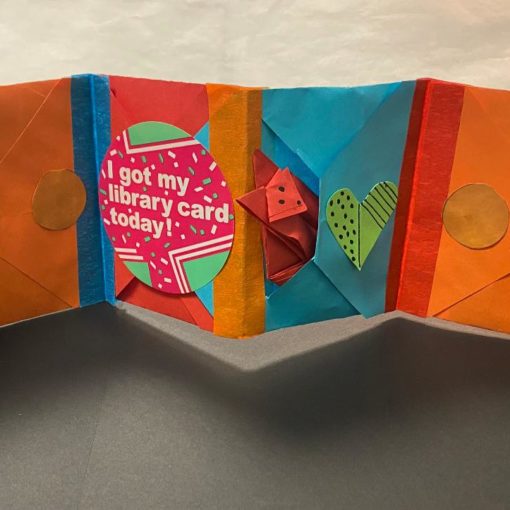What is Banned Book Week?
Banned Books Week is an annual event celebrating the freedom to read. Typically held during the last week of September, it highlights the value of free and open access to information. Banned Books Week brings together the entire book community — librarians, booksellers, publishers, journalists, teachers, and readers — in shared support of the freedom to seek and express ideas, even those some consider unorthodox or unpopular. (from ALA website)
Below is list of suggested Banned or Challenged YA Books, including why they were banned or challenged. Looking for more books, check out the American Library Association’s Top Ten Lists here.
Wanna read even more banned or challenged books? Participate in our “The Challenge of the Challenged Books” this week on Instagram and SnapChat to win your very own collection of Banned or Challenged Books! Click below for details.
 A Wrinkle in Time by Madeleine L’Engle
A Wrinkle in Time by Madeleine L’Engle
Banned or Challenged because: allegations that the story promotes witchcraft, crystal balls, and demons; undermining religious beliefs; objection to the book’s use of the name of Jesus Christ in relations to other artists, philosophers, scientists, and religious leaders
Meg and Charles Wallace set out with their friend Calvin in a search for their father. His top secret job as a physicist for the government has taken him away and the children search through time and space to find him.
What my mother doesn’t know by Sonia Sones
Banned or challenged because: included a poem about a teenage girl’s breasts reacting to cold; language and masturbation; parent complained about sexual themes
A series of poems reflect the thoughts and feelings of Sophie, a fifteen-year-old-girl, as she describes her relationships with a series of boys and as she searches for Mr. Right.
 The Notebook girls: Four friends, one diary by Julia Baskin, Lindsey Newman, Sophie Pollitt-Cohen, and Courtney Toombs
The Notebook girls: Four friends, one diary by Julia Baskin, Lindsey Newman, Sophie Pollitt-Cohen, and Courtney Toombs
Banned or challenged because: foul language and cussing; frank discussions about adolescent sex, drinking, and drug use; discussions of body image, sexual orientation, and the 9/11 terrorist attack
In 2002, during the second half of their freshman year at Manhattan’s Stuyvesant High School, four girls began to keep a shared notebook that served as a joint diary and a compendium of letters to one another. Edited only by the authors during the writing and initial reading process, the volume serves as a front-row seat on those aspects of the teens’ lives that they deemed interesting or important enough to record. The reproduction of the notebook maintains their handwriting as well as photocopies of the snapshots, sketches, and occasional wrappers and other realia they inserted into its pages.
One fat summer by Robert Lipsyte
Banned or challenged because: parental complaint about a paragraph describing the masturbation fantasy of a teenage boy.
An overweight fourteen-year-old boy experiences a turning-point summer in which he learns to stand up for himself.
 The Spoken Word Revolution: Slam, Hip Hop & the Poetry of a New Generation by Mark Eleveld
The Spoken Word Revolution: Slam, Hip Hop & the Poetry of a New Generation by Mark Eleveld
Banned or challenged because: profanity and references to sex, drugs, and mistreatment of women that are inappropriate for young teens
The Spoken Word Revolution brings to life the written and performed works of more than 40 of the most influential slam, hip hop, performance art and contemporary poets in the world today. This defining collection of spoken word poetry captures today’s electrifying words and voices, in text and immediately live on one audio CD.





